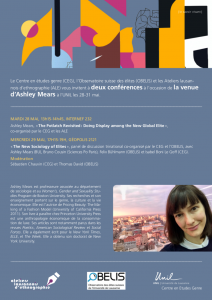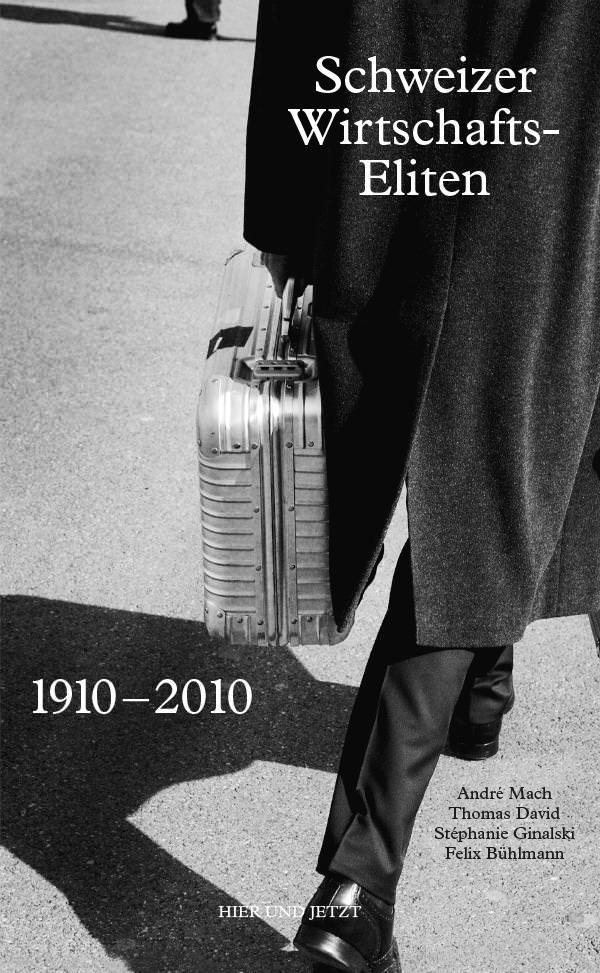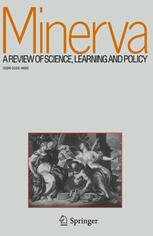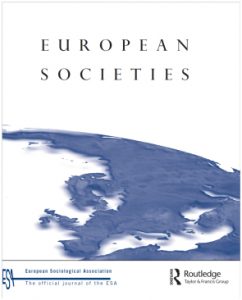Par Stéphanie Ginalski, Université de Lausanne
 À l’occasion de la grève du 14 juin, ce post revient sur la place des femmes parmi les élites suisses depuis le début du siècle passé. Les chiffres sont frappants : jusqu’au début des années 1970, elles sont presque totalement exclues des cercles du pouvoir. On trouve quelques femmes dans les conseils d’administration des plus grandes firmes : il s’agit d’entreprises familiales, marquées cependant globalement par un système de gouvernance patriarcal. Jusqu’en 1971, date à laquelle les femmes accèdent enfin au droit de vote et d’éligibilité au niveau national, ces dernières sont par ailleurs totalement absentes des sphères politiques et administratives : « l’État, c’est l’homme »[1]. L’année 1971 constitue donc bien sûr un tournant fondamental. Les sphères politique et administrative s’ouvrent progressivement aux femmes, même si la parité est aujourd’hui encore loin d’être atteinte. C’est dans la sphère économique que les progrès sont les plus lents. En outre, dans les plus grandes entreprises suisses, les femmes se heurtent encore fortement au plafond de verre et n’accèdent que rarement aux plus hautes fonctions dirigeantes. L’élite du pouvoir en Suisse reste donc un bastion masculin, auquel d’autres catégories de la population ont par ailleurs peu accès, comme la classe populaire.
À l’occasion de la grève du 14 juin, ce post revient sur la place des femmes parmi les élites suisses depuis le début du siècle passé. Les chiffres sont frappants : jusqu’au début des années 1970, elles sont presque totalement exclues des cercles du pouvoir. On trouve quelques femmes dans les conseils d’administration des plus grandes firmes : il s’agit d’entreprises familiales, marquées cependant globalement par un système de gouvernance patriarcal. Jusqu’en 1971, date à laquelle les femmes accèdent enfin au droit de vote et d’éligibilité au niveau national, ces dernières sont par ailleurs totalement absentes des sphères politiques et administratives : « l’État, c’est l’homme »[1]. L’année 1971 constitue donc bien sûr un tournant fondamental. Les sphères politique et administrative s’ouvrent progressivement aux femmes, même si la parité est aujourd’hui encore loin d’être atteinte. C’est dans la sphère économique que les progrès sont les plus lents. En outre, dans les plus grandes entreprises suisses, les femmes se heurtent encore fortement au plafond de verre et n’accèdent que rarement aux plus hautes fonctions dirigeantes. L’élite du pouvoir en Suisse reste donc un bastion masculin, auquel d’autres catégories de la population ont par ailleurs peu accès, comme la classe populaire.
Les femmes parmi les élites suisses, en pourcent
| 1910
N=1088 |
1937
N=1092 |
1957
N=1208 |
1980
N=1355 |
2000
N=1326 |
2010
N=1413 |
2015
N=1503 |
|
| Elites économiques | 0,5 | 0,8 | 0,6 | 1,9 | 6,9 | 8,9 | 15,0 |
| Elites politiques | 0,0 | 0,0 | 0,0 | 9,4 | 22,7 | 27,6 | 29,5 |
| Elites administratives | 0,0 | 0,0 | 0,0 | 1,7 | 9,3 | 17,9 | 22,0 |
Sources : Base de données sur les élites suisses
Note : Elites économiques : membres des conseils d’administration et dir. exécutifs des 110 plus grandes entreprises suisses, ainsi que membres des comités directeurs des principales associations économiques faitières et des principaux syndicats ; Elites politiques : membres du Parlement fédéral, du Conseil fédéral et des comités directeurs des partis politiques gouvernementaux ; Elites administratives : membres de la chancellerie fédérale, secrétaires généraux et adjoints des départements fédéraux, directeurs d’offices des départements fédéraux, membres du directoire de la Banque nationale suisse et membres du Tribunal fédéral.
[1]Studer, Brigitte (1996). « ‘L’État c’est l’homme’ : politique, citoyenneté et genre dans le débat autour du suffrage féminin après 1945, » Revue Suisse d’histoire46 : 356-382.








